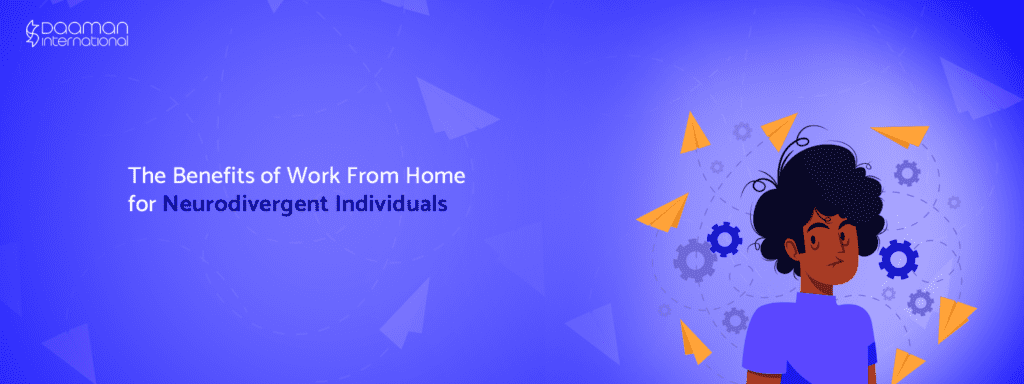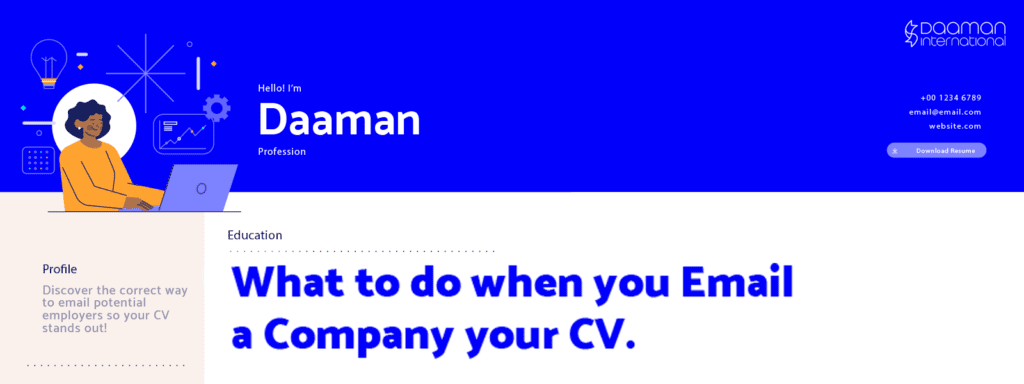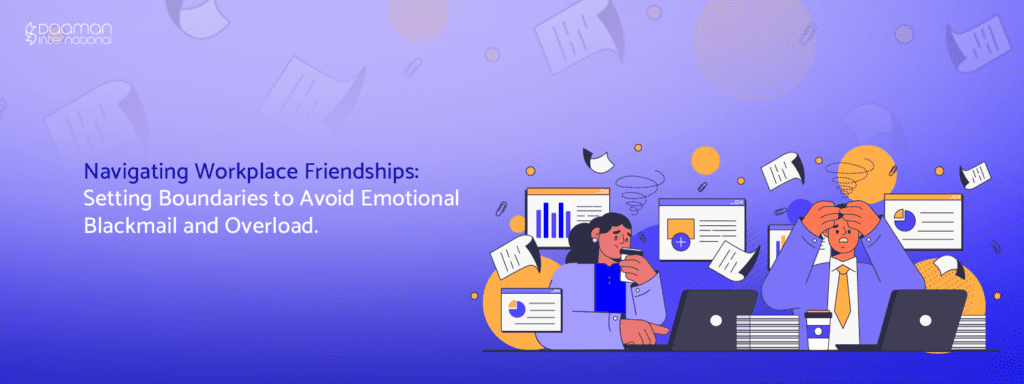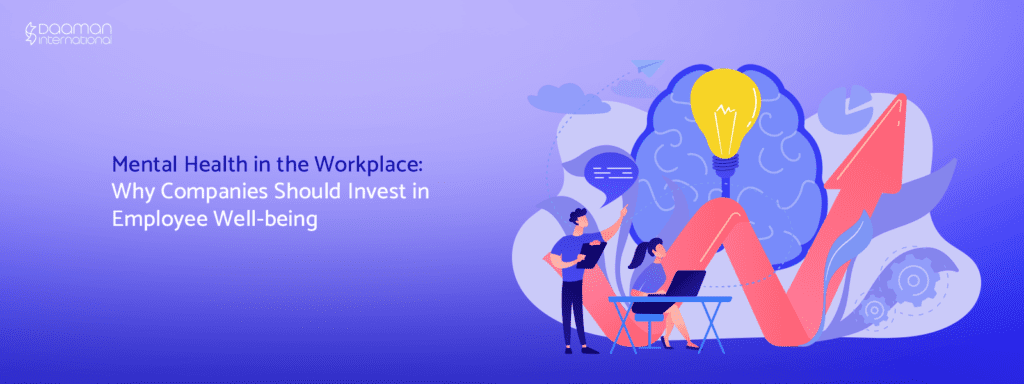Office Besties Bash: The Ultimate Guide to Hosting a Mini-Gal Pal Get-Together!
Hosting a coworker get-together with a charcuterie board is a fantastic way to foster camaraderie and enjoy some delicious bites. Here’s a step-by-step guide to make your gathering a hit: 1. Choose the Venue: Select a comfortable and relaxed setting. A cozy living room, a spacious kitchen, or even an outdoor patio can work wonderfully. 2. Create the Perfect Charcuterie Board: Cheeses: Include a mix of textures and flavors. Opt for soft cheeses like Brie or Camembert, semi-soft cheeses like Gouda or Havarti, and hard cheeses like Cheddar or Parmesan. Meats: Offer a variety of cured meats such as salami, prosciutto, and chorizo. Arrange them in easy-to-grab slices. Crackers and Bread: Provide an assortment of crackers, breadsticks, and sliced baguettes to complement the cheeses and meats. Fruits and Nuts: Fresh fruits like grapes, berries, and sliced apples add a refreshing contrast. Include dried fruits and nuts like almonds, walnuts, and dried apricots for added texture. Extras: Add some olives, pickles, and spreads like honey, mustard, or fig jam for an extra flavor dimension. 3. Set the Scene: Decorate with a few simple touches. Use a beautiful wooden board or platter for the charcuterie, and garnish with fresh herbs like rosemary or thyme. Arrange everything in an inviting manner. 4. Create a Relaxing Atmosphere: Play some soft background music and set up cozy seating. Make sure there are enough napkins, plates, and utensils. 5. Enjoy and Socialize: Encourage your coworkers to try different combinations and share their favorites. The charcuterie board will serve as a delightful focal point for conversations and connections. With these steps, your coworker get-together is sure to be a memorable and enjoyable event. Images from The Platterie instagram The Platterie on Instagram is an absolute feast for the eyes and taste buds. Their feed is filled with beautifully curated platters that are both visually stunning and tantalizingly delicious. Each post showcases a variety of carefully arranged cheeses, meats, fruits, and accompaniments, creating a perfect harmony of colors and textures. The Platterie’s attention to detail is evident in every platter. The combinations are thoughtfully crafted to ensure a balanced and enjoyable experience for any gathering, whether it’s a small get-together with friends or a more formal event. Their use of fresh, high-quality ingredients shines through in the vibrant and appetizing presentations. What sets The Platterie apart is not just their culinary expertise but also their artistic flair. The aesthetic appeal of their platters makes them a standout choice for anyone looking to add a touch of elegance and sophistication to their events. The posts are accompanied by delightful captions that add personality and charm to the brand. For anyone in search of inspiration for their next party or simply looking to indulge in some food porn, The Platterie’s Instagram page is a must-follow. Their dedication to creating exquisite platters is truly commendable, making them a top choice for catering and gourmet grazing experiences. Click below to see for yourself!
Office Besties Bash: The Ultimate Guide to Hosting a Mini-Gal Pal Get-Together! Read More »









